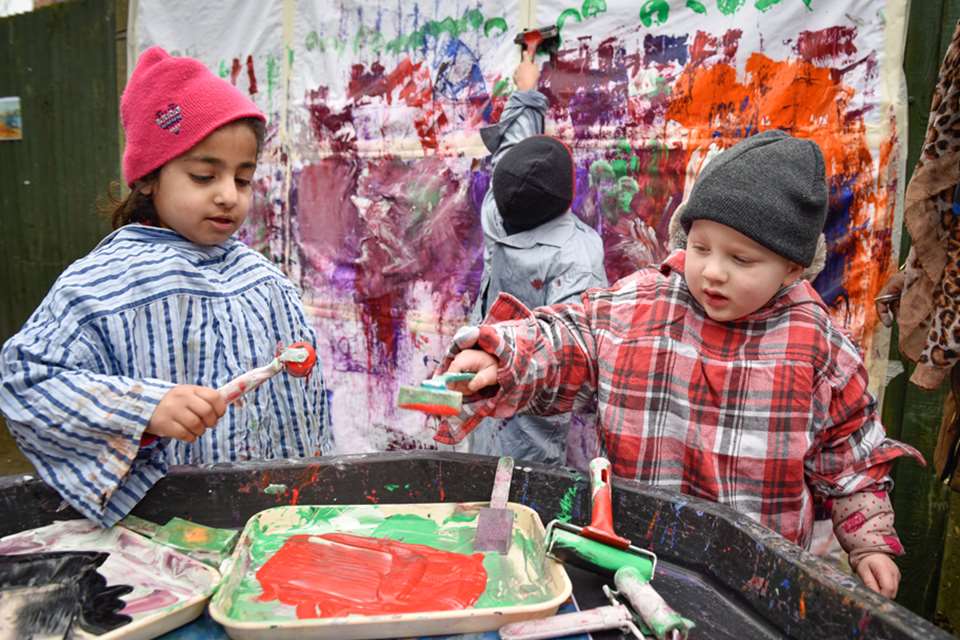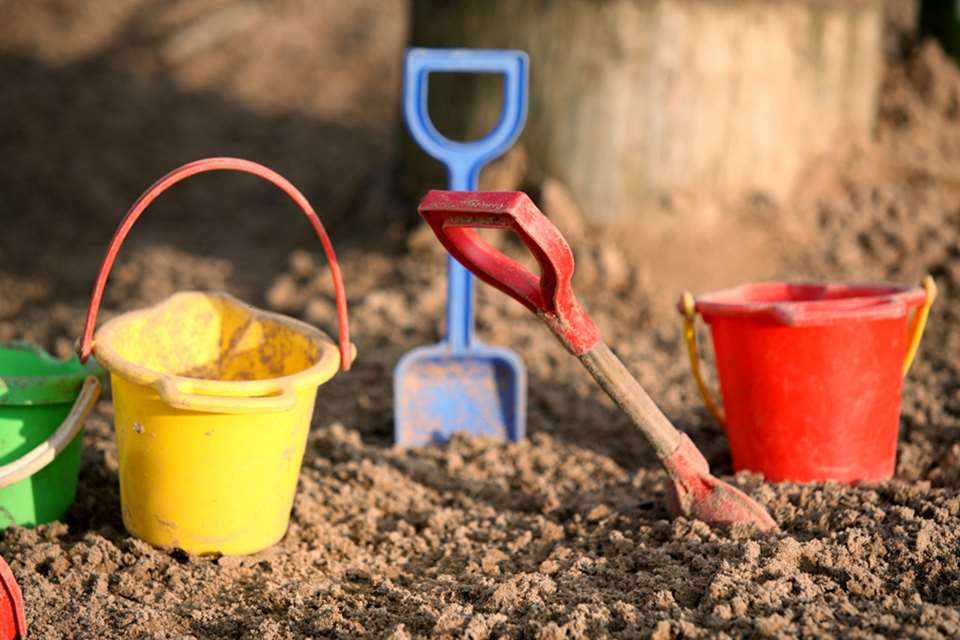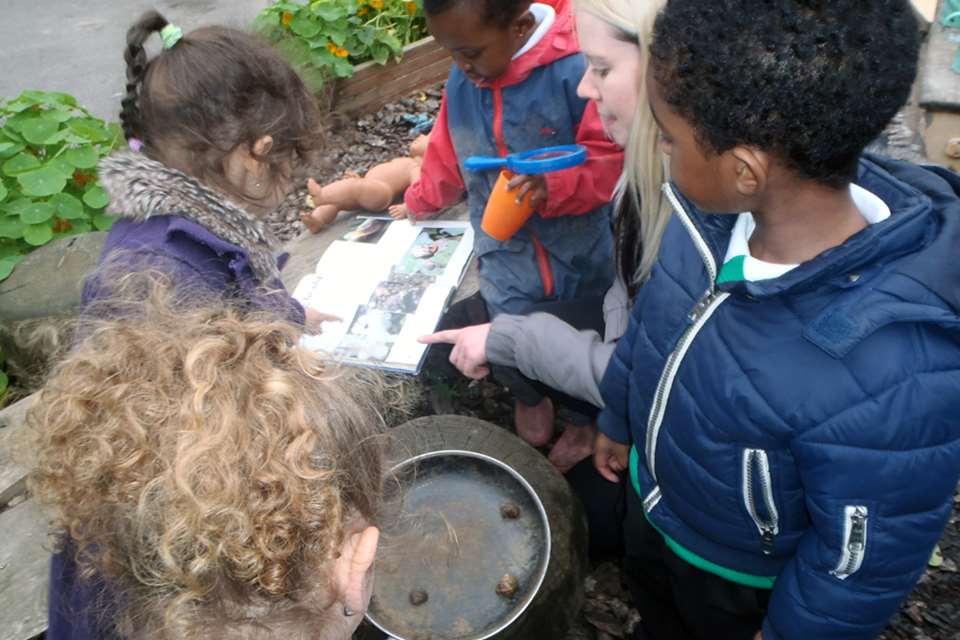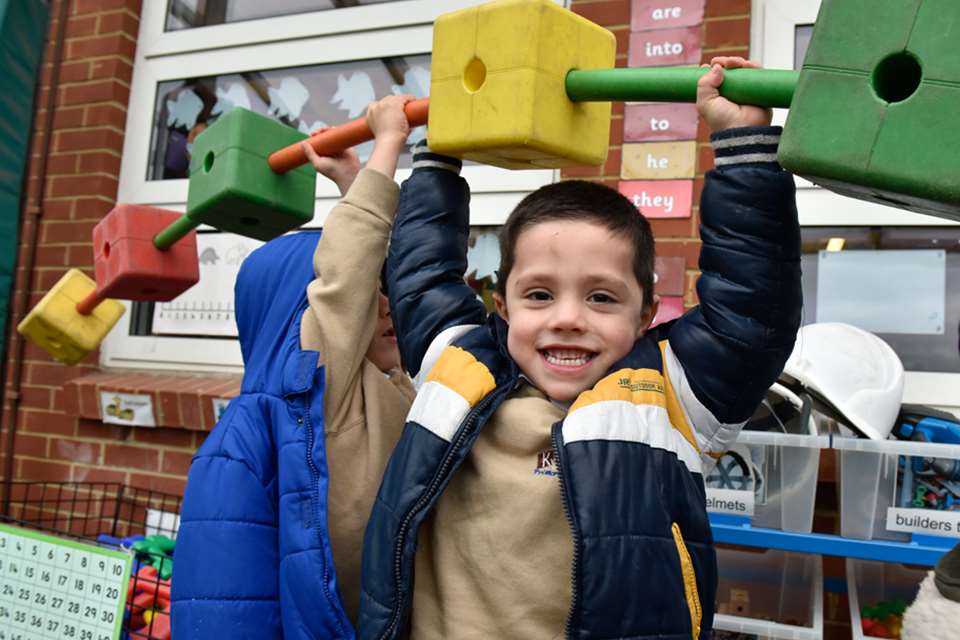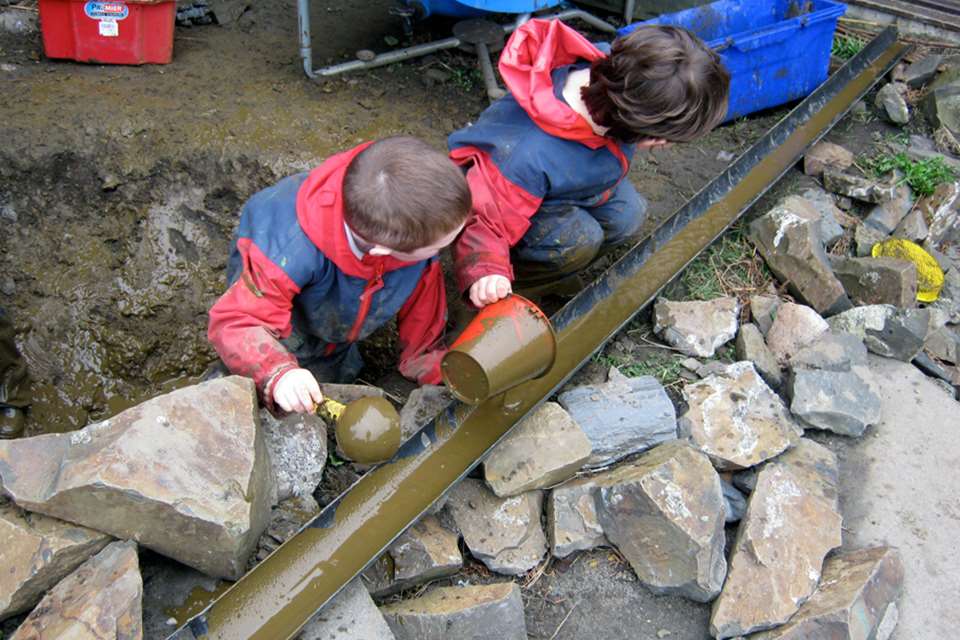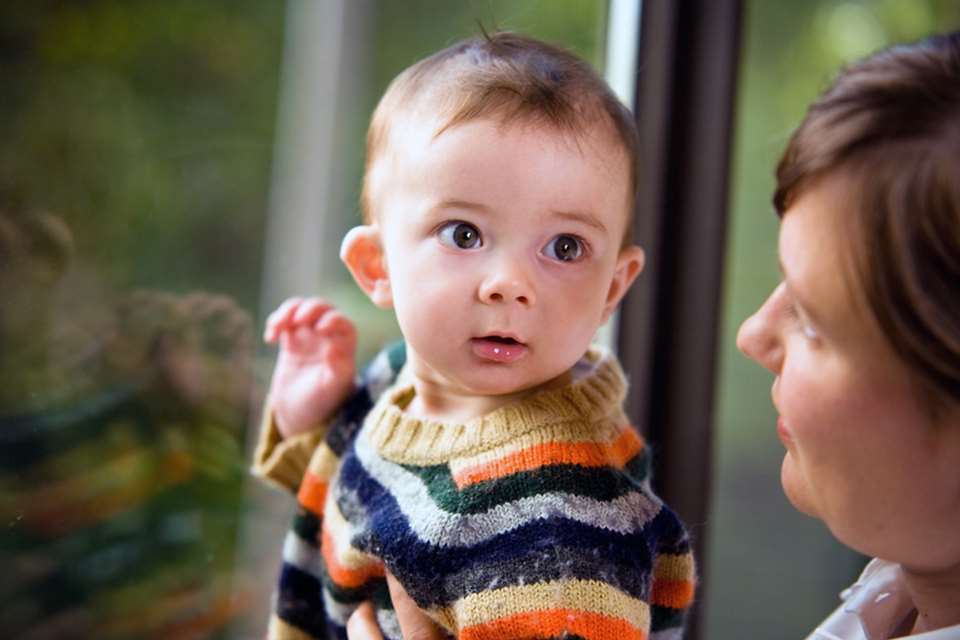Early Years in School: Inclusion - Without limits
Dame Alison Peacock
Monday, January 25, 2016
Learning without limits in the early years relies on creating opportunity for all. By Dame Alison Peacock
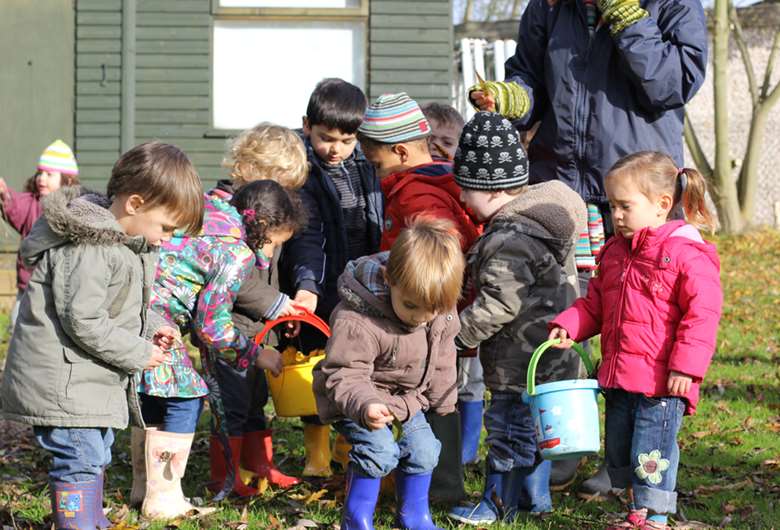
I have been the head teacher of a primary school with nursery for over a decade. During that time it has transformed from being in special measures to become an Outstanding teaching school and educational research centre.
Throughout my leadership, I have been inspired by the principles of two research studies that I have participated in, both as insider researcher and author. The ethos of ‘learning without limits’ is underpinned by the core principles of:
- trust (every child and adult is trusted to learn);
- co-agency (children and teachers recognise the power of working together); and
- inclusion (every individual matters).
These principles apply equally to children and adults. When our school was studied for Creating Learning Without Limits (2012), we uncovered seven key dispositions for leadership and learning. These enable a culture of opportunity and refuse to set a limit on what may be achieved.
This ethos provides the background for pedagogy, curriculum and assessment in our school and has enabled many children (and adults) to achieve beyond expectations.
‘Learning without limits’ aligns with every child’s natural intrinsic motivation to explore, find out and connect. Instead of labelling children, or narrowing the curriculum in pursuit of ‘standards’, the school offers a rich breadth of curriculum experience.
From the earliest days, we actively listen to children and encourage them to talk about their learning. The children’s developing sense of agency enables them to become advocates, within their family, for learning that is not driven by external rewards such as sticker charts, grades or numbers.
DISPOSITIONS FOR LEADERSHIP
Every school and early years setting is different because it is a social organisation impacted by the leadership relationships that are established. When our school was the focus of longitudinal research, we found consistent behaviours or dispositions that enabled opportunity for all.
The seven dispositions are divided into three areas; intellectual, affective and social. They apply equally to leadership of teachers and children. Each relates to an approach to learning that resists labelling by so-called ‘ability’ and does not set limits.
The intellectual domain:
- openness
- questioning
- inventiveness
The intellectual domain offers a culture that is always open to possibility. This is the kind of thinking that readily builds on the imagination of play. When early years colleagues play alongside children, they are open to literally playing with ideas as stories, and actions develop. Within play, inventiveness abounds and everything is open to question.
Within our early years classes, we constantly strive to provide opportunities for the children to explore and experience challenge. Last week, Pria joined other children playing with percussion instruments in the Foundation Stage garden. She took control of the play and began to conduct her orchestra. The musicians responded and this extended to an impromptu concert at carpet time, conducted by Pria with 15 children and the teacher delightedly following her lead.
The affective domain:
- persistence
- stability
We seek to create an emotionally secure experience for every child. Social development and interaction is fundamentally important in the early years and is central to enabling every child to flourish. The dispositions of persistence and stability apply to leadership of teachers, reminding them that we can never give up on a child and that consistently high expectations create an exciting learning environment.
Through co-agency, if children and adults build trust and listen to each other within a dynamic environment open to opportunity, amazing things happen.
Within our school, some children who have started nursery with special educational needs or a disability have often gone on to achieve very highly in a wide range of areas. In a culture where no-one gives up on anybody else and where emotional stability enables risk-taking, we achieve so much more.
In Creating Learning Without Limits, we describe a case study of a child we named ‘Miles’, who we brought into nursery early because of his profound needs. Years later, Miles is now at secondary school and is thriving intellectually, emotionally and socially.
His success is a result of home and school working in partnership, but is fundamentally due to his own resilience and persistence within schools where no-one has closed the door to the possibility of future success.
The social domain:
- generosity
- empathy
How do we help children to build relationships, to share and to understand the feelings of others? The importance of individuality, respect for every child and a good relationship between home and school is crucial. This is another area that we work hard to develop as we need to provide a space for children to be understood, to begin to know their own feelings and also to understand others.
We are working with a new initiative, EmpathyLab, piloting ways of building empathy and ultimately an awareness of social justice, through high-quality literature and story.
The disposition of generosity is crucial. If we believe that essentially people are good but may have difficulty in showing this, we need to offer a generous view that seeks to find positive ways forward. This quality is needed if we are to resist the temptation to label children. It can be much easier to point to deficit than to constantly strive to see flickering sparks of hope.
HOW CAN WE BE INCLUSIVE OF EVERY CHILD?
Genuine inclusion is about understanding the individual needs of every child and family while enabling them to become highly valued members of the collective group.
We liaise closely with outside agencies and all those who may be working with a child to support their needs; but we also ensure that no child ever becomes defined by their special educational need.
FINDING A WAY THROUGH
The most important aspect of a ‘learning without limits’ ethos is to take responsibility for ‘finding a way through’ for every child. If the child is finding any aspect of learning difficult, then it is our responsibility to think collectively about how we might help them.
Often this may take time, but there is always something that will become a breakthrough.
One of our children with Down’s Syndrome began emergent writing and drawing in Year One, but at the beginning of Year Two she found the transition to a new class difficult and stopped writing. It took us a term and a half until we finally found a way to inspire Annie to begin writing again.
How did we achieve this finally? One day we decided to ask Annie if she would like a visit in school from Peggy, a chocolate Labrador owned by one of our staff. The prospect of a visit by Peggy was the spur that Annie needed to begin writing again.
She worked with Hannah, her teaching assistant, to compose an invitation and the very next day when Annie arrived in school, there was a written reply from Peggy’s owner saying she would be in Year Two that afternoon. From that exciting moment onwards, Annie began joining in with writing in class.
There is no magic wand in these situations, but the leadership dispositions outlined above clearly help us to resist giving up.
THE ENVIRONMENT AS ENABLER
We encourage every adult in the Foundation Stage environment to see themselves as leaders of learning at all times, whether they are helping to build a den or reading a story. The environment in which we learn, both indoors and outdoors, reinforces and extends a culture of ideas and opportunity.
Our Foundation Stage garden includes spaces for quiet, small-world fantasy play, woodland areas, tools for investigation and enquiry, room to run, leap and so much more. A well-organised environment supports growing independence and provides a constant supply of irresistible resources for play.
PREPARE TO BE SURPRISED
In summary, when we welcome children to an early years setting where our expectation is that they will be able to surprise and delight us with what they may achieve, we offer an opportunity that is truly ambitious for all.
FURTHER READING
Alexander, RJ (ed) (2010). Children, their World, their Education: Final report and recommendations of the Cambridge Primary Review. Routledge
Alexander, RJ (2004). Towards Dialogic Teaching. Rethinking Classroom Talk. Dialogos, www.empathylab.uk
Hart, S et al (2004). Learning Without Limits. Open University Press
Ofsted (2015). Teaching and Learning in the Early Years: a balancing act? www.gov.uk/government/publications/teaching-and-play-in-the-early-years-a-balancing-act
Swann, M et al (2012). Creating Learning Without Limits. McGraw-Hill International
Dame Alison Peacock is head teacher of The Wroxham School and Educational Research Centre, Potters Bar, Hertfordshire, www.thewroxham.org.uk @alisonmpeacock


